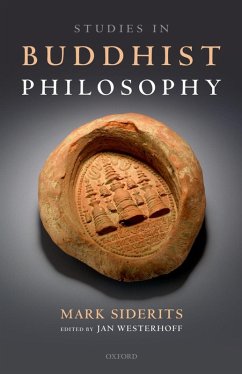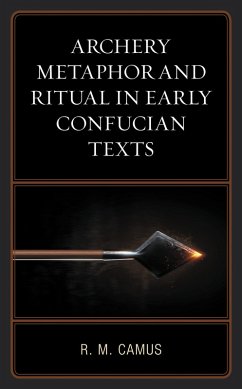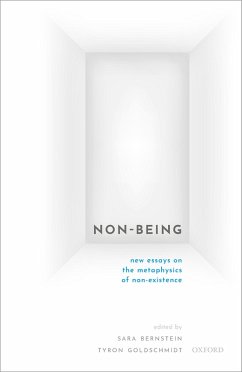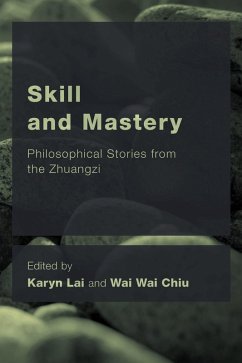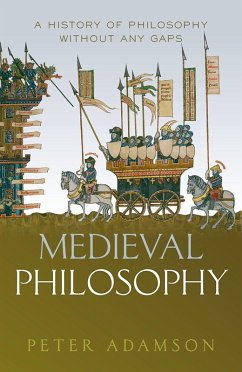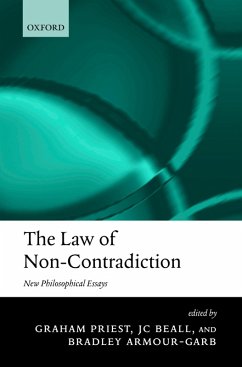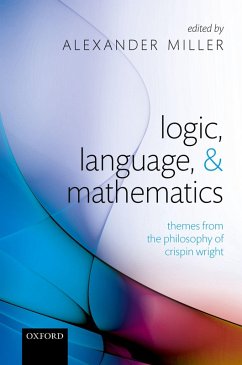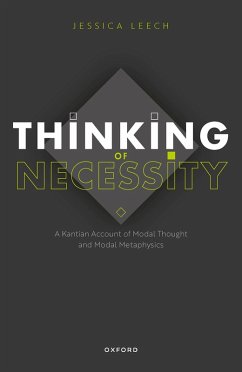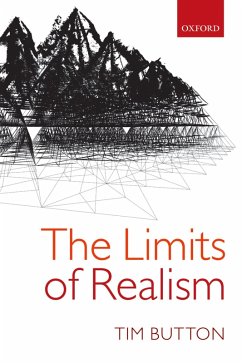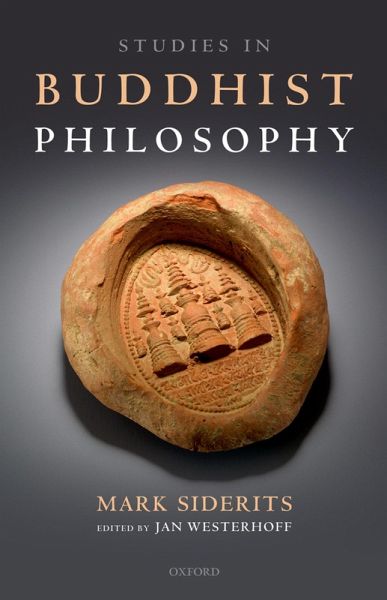
Studies in Buddhist Philosophy (eBook, PDF)
Versandkostenfrei!
Sofort per Download lieferbar
30,95 €
inkl. MwSt.
Weitere Ausgaben:

PAYBACK Punkte
15 °P sammeln!
This volume brings together nineteen of Mark Siderits's most important essays on Buddhist philosophy. Together they cover a wide range of topics, from metaphysics, logic, philosophy of language, epistemology, and ethics, to the specific discussions of the interaction between Buddhist and classical Indian philosophy. Each of the essays is followed by a postscript that Siderits has written specifically for this volume. The postscripts connect essays of the volume with each other, show thematic interrelations, and locate them relative to the development of Siderits's thought. In addition, they pr...
This volume brings together nineteen of Mark Siderits's most important essays on Buddhist philosophy. Together they cover a wide range of topics, from metaphysics, logic, philosophy of language, epistemology, and ethics, to the specific discussions of the interaction between Buddhist and classical Indian philosophy. Each of the essays is followed by a postscript that Siderits has written specifically for this volume. The postscripts connect essays of the volume with each other, show thematic interrelations, and locate them relative to the development of Siderits's thought. In addition, they provide the opportunity to bring the discussion of the essays up to date by acquainting the reader with the development of research in the field since the publication of the essays. Siderits's work is based on an investigation of Indian sources in their original language, nevertheless the focus of the essays is primarily systematic, not historical or philological. The idea of 'fusion philosophy' (a term coined by Siderits) embodies precisely the assumption that by bringing a Western and an Eastern tradition together, both can benefit by learning from each other about new ways of tackling old philosophical problems.
Dieser Download kann aus rechtlichen Gründen nur mit Rechnungsadresse in A, B, BG, CY, CZ, D, DK, EW, E, FIN, F, GR, HR, H, IRL, I, LT, L, LR, M, NL, PL, P, R, S, SLO, SK ausgeliefert werden.




